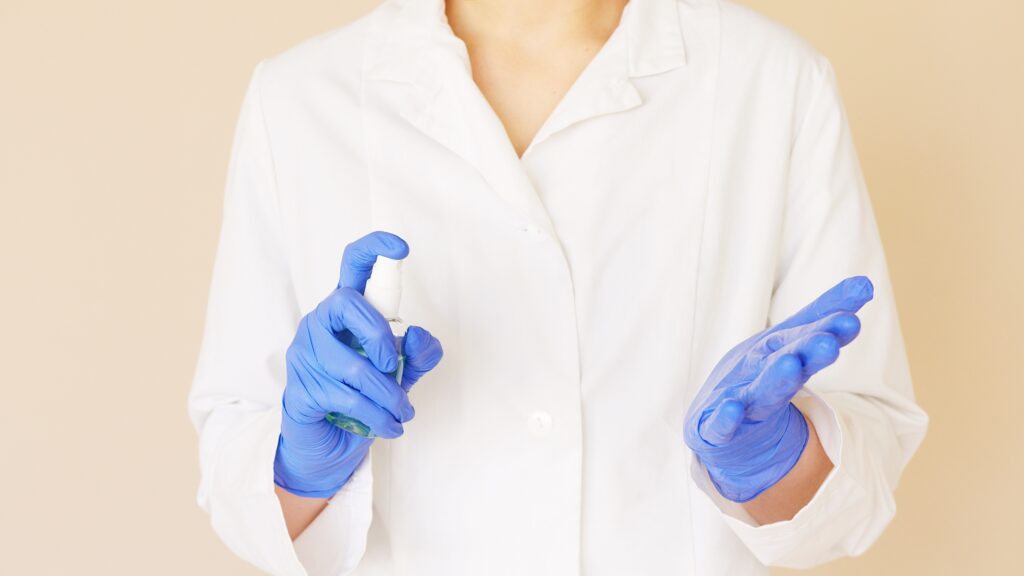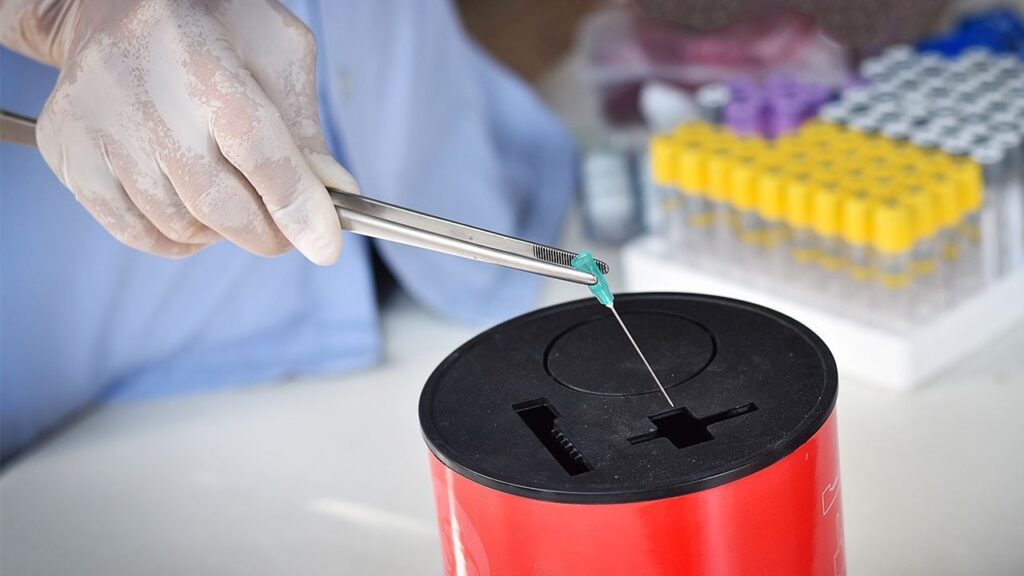Whether working in a clinic, veterinary office, or another healthcare setting, it is of crucial importance that medical office assistants maintain good hygiene in the workplace. Doing so can help ensure the continued health of clients and patients, prevent the spread of illness, and promote healing in those who are already ill.
Depending on the area of the healthcare industry in which you work, you may need to apply different hygienic techniques in the workplace. Here is a look at a few common examples of hygienic practices you might be expected to use in a healthcare career.
Infection Control is Crucial in Any Healthcare Environment
When sick patients arrive at a healthcare practice for treatment, they can bring with them pathogens like viruses, bacteria, and more. While these patients might leave healthier than they arrived, other people who come into contact with the germs they brought in could conceivably become sick. For that reason, it’s incredibly important for healthcare professionals to understand principles relating to infection control and prevention.
There are many simple ways to prevent the spread of infection within a medical office. For example, making tissues, hand sanitizer, and medical face masks available to patients can help cut off the spread of germs. Medical professionals sometimes take other steps, like disinfecting their work areas or taking other steps to keep the office hygienic, to prevent the spread of infection. During your medical office assistant program, you will learn important concepts relating to infection control and prevention and will be able to contribute to keeping your own work environment healthier for all.

Providing sanitizer to patients is an easy way to prevent the spread of infection
Personal Hygiene Is an Important for Healthcare Professionals
There’s a reason why one of the main pieces of advice during cold and flu season is to wash your hands frequently. Good personal hygiene goes a long way in not only keeping yourself healthy but also the people you come in contact with. As professionals in healthcare settings can come into contact with many individuals over the course of a day, it’s especially important for them to make sure they themselves stay clean.
No matter which career you enter in healthcare, it will likely be a workplace requirement that you maintain good hygiene. Regularly washing hands, wearing face masks when you are around coughing individuals, and avoiding touching the eyes, nose, and mouth are all examples of policies that some healthcare environments require of employees. During your healthcare training, you will be exposed to different hygienic practices for your particular industry, which will allow you to start your career with a good base understanding of how to go about your job in a safe and healthy way.

Disposing of hazardous waste is an important part of medical asepsis
Medical Office Assistants May Observe Medical Asepsis Policy
Medical asepsis is a term for guidelines to follow when caring for patients with infections and is something that students in all medical office assistant programs cover thoroughly. It includes more general protocols like hand-washing, but can also involve several other steps that can reduce a patient’s odds of becoming infected. In the workplace, professionals performing asepsis may rub the antiseptic overexposed skin, wear new, sterile gloves when touching a patient, dispose of hazardous materials safely, and more.
Different scenarios will call for different protocols for asepsis, so it is important to attend a good healthcare training program to ensure you gain a solid understanding of how the process works. Doing so will allow you to maintain a great level of hygiene when assisting with asepsis in the workplace, and reduce the risk of spreading or worsening infection.
Are you interested in pursuing a career in healthcare with Academy of Learning Winnipeg North?
